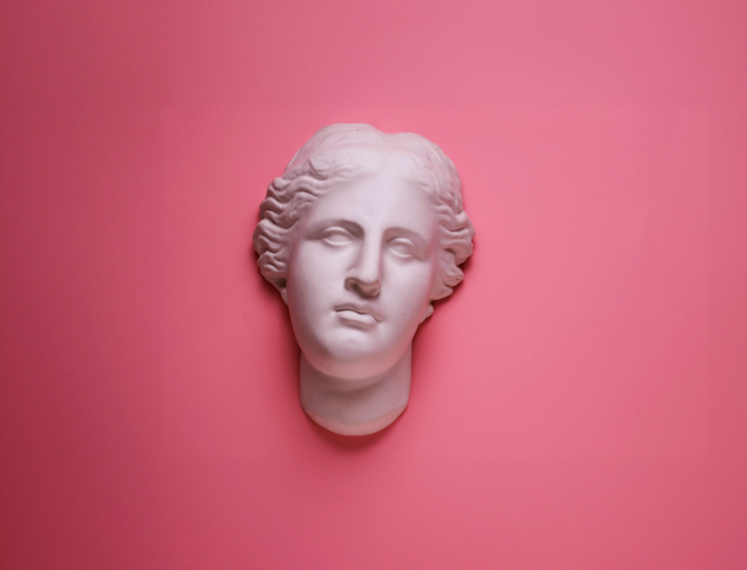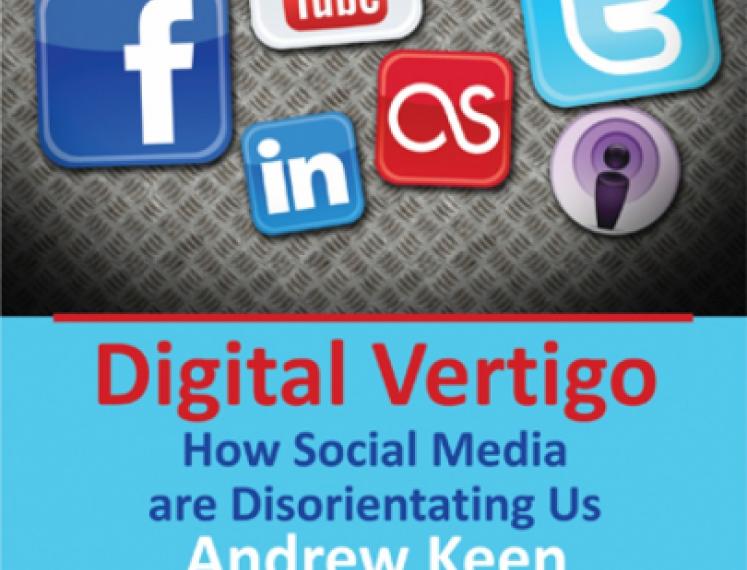
Aula Academy Building
Broerstraat 5
Netherlands
Why Do Gods and Spirits Want Relations with Humans?
Are you not able to attend? Watch the livestream below.
"Ancient Greek poet Homer made his humans into gods for their strength, and his gods into humans by making them suffer conflict, revenge, tears and bondage." ¹
Why do we think that gods and spirits resemble ourselves? Does this resemblance allow them to need us as much as we need them? What happens to ideas of mutual desire and neediness when societies change religion?
Religious change erodes some relations and creates others, and rapid conversion can lead to existential confusion and emotional derangement. In Arctic Siberia, local spirits partly survived the Soviet state's attempt to erase shamanic practices. In Tribal India, conversion to Christianity and Hinduism disrupted connections with ancestors in favour of praying to more distant gods. Meanwhile Homer's gods, outdated by the Greek Orthodox church, have adapted themselves into universal literary and psychoanalytic archetypes.
Anthropologist Piers Vitebsky will compare how different cultures view their relationships with the divine. He suggests that the global loss of biodiversity mirrors a serious loss in the diversity of beliefs about gods. How did the changing religious landscape challenge our understanding of the connections between humans and the divine?
This event is part of the 20th anniversary lustrum program of the study association Gerardus van der Leeuw of the Faculty of Religion, Culture and Society.
1. Paraphrased from Longinus, On the Sublime, 1st century CE, section 9.7


